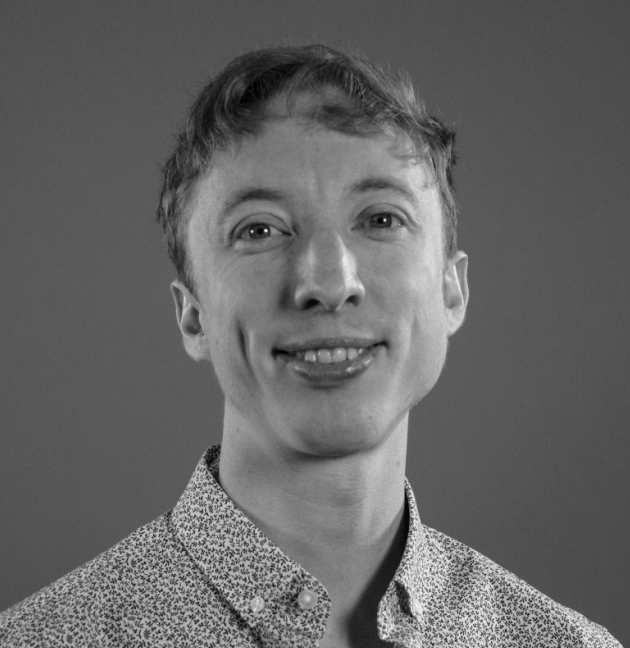“Success shouldn’t just be measured in grades. We want to create a growth mindset”
Dr Freddie Page, Dyson School of Design Engineering
Interview: William Ham Bevan

This ability to see the bigger picture and not just focus on pure success is gratifying – so much of education has become about getting grades and passing exams. All our students will have done exceptionally well at school but, at the Dyson School of Design Engineering, exams account for just ten to 15 per cent of our degree and most marks come from coursework and group projects, so performance in exams will only take you so far. That’s why, here at Imperial, we have developed a new programme that offers something a little different, putting creativity and innovation at the heart of what we do.What does a successful student look like? According to our new intake of undergraduates, students should be innovative, creative, eager to learn – and they should get enough sleep.
Our Master’s in Design Engineering focuses on experiential, project-based learning. Sometimes students can get hung up on what they need to do to get a First, but this is looking at it the wrong way around. The grade should reflect what kind of a student they are. We want them to be self-directed, and not scared to explore or experiment – because they love the subject and not because they want to pass an exam.
A lot of what we do is just taking a different view of things. Take the work we ask our students to do independently, for example. Once they’ve submitted their coursework and received feedback, students sometimes forget all about it. So, with the help of a substantial grant, we’ve developed a new visualising collaborative projects (VCP) platform to enhance how and what students learn. Students will be able to see a record of previous work in the field and find academic experts both within and beyond the university. It will all enhance the learning experience and, hopefully, improve outcomes.
It also means that the time we spend marking that coursework is more effective: software we are writing for the VCP will capture projects, track feedback and put them in context, so generations of students can refer back when they cover a similar subject. We want this to drive best practice in learning and teaching, and we’ll be piloting early stages next year.
We’re also developing a feature to help students gain more from tutorials. Tutors believe students don’t always make the most of their weekly catch-up – but if a student activity tracker updates a tutor before they meet, tutors can prompt students to look forward rather than back. This automatically trains them in industrial best practice.
Of course, everything we do has an eye on the real world – we stress that student projects must tackle existing problems. One of my students looked at how augmented reality could support and improve how students experience the traditional lecture – she interviewed experts and produced a set of guidelines for digital learning developers. Another student from mainland China created a virtual reality experience to familiarise overseas students with the daunting prospect of long-haul flights and UK security procedures.
All this is proof that you can’t stand still in education. Although my background is theoretical physics, I’m always keen to make the most of digital learning innovations, and I love teaching the creative and intuitive elements of maths. I’ve built a range of visual tools to help engineers visualise and understand the equations on the page – the physical laws of how two masses on springs can interact with one another, for instance. Another looks at how light rays interact with solid objects, allowing lighting, shadows and reflections to be calculated to help create a realistic image. These are interactive and in line with the ethos that you can explore, innovate and be creative. I’ve also helped write a MOOC (massive open online course) – a first for Imperial – on maths for machine learning.
Ultimately, everything we do is about creating a growth mindset; we want students to develop a healthy attitude to learning – a willingness to explore and to go deep into a subject. We want them to think that nothing is beyond them. This subject is fascinating, mixing engineering rigour, which comes naturally to me, with creativity and context. But always, it is the human factor that is critical.
Dr Freddie Page is Strategic Teaching Fellow at the Dyson School of Design Engineering.